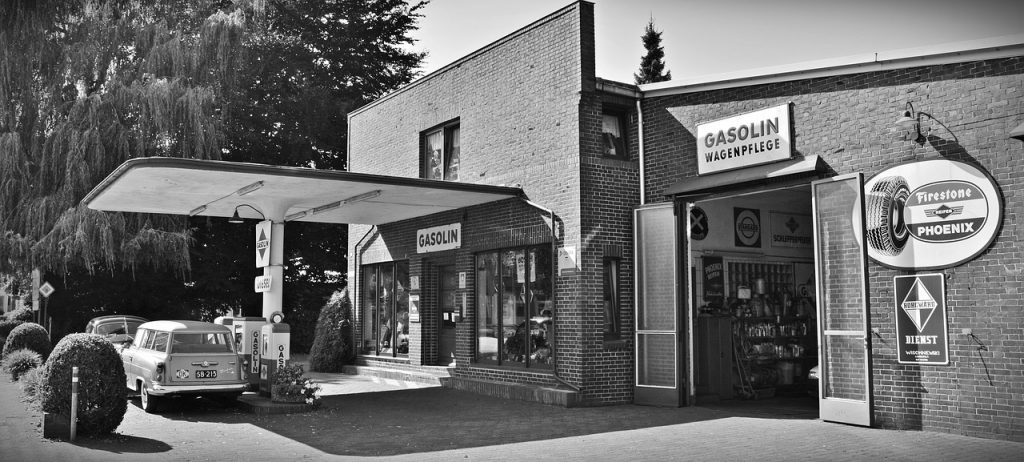Do you want to give your car a boost in performance and fuel efficiency? Look no further than car fuel additives! These little bottles of chemical compounds can provide numerous benefits for your car, including improved fuel efficiency, increased engine performance, and reduced emissions. But with so many types of fuel additives on the market, how do you know which additive to choose? In this article, we’ll give you the lowdown on everything you need to know about car fuel additives, so you can make an informed decision and give your car the upgrade it deserves.
Types of Fuel Additives
There are various types of fuel additives in the market, each with its unique benefits. Here are some of the most common types of fuel additives:
1) Octane Boosters – these additives increase the octane rating of your fuel, which helps to improve engine performance and prevent engine knock.
2) Fuel System Cleaners – these additives help to clean the fuel system and remove any deposits that may have accumulated over time. This can help improve fuel efficiency and reduce emissions.
3) Diesel Additives – these additives are specifically designed for diesel engines and can help to improve fuel efficiency, reduce emissions, and prevent engine wear.
4) Lubricity Additives – these additives help to lubricate the fuel system, which can help to reduce wear on engine components.
5) Water Removers – these additives help to remove any water that may have accumulated in the fuel tank. Water in the fuel can cause corrosion and other engine problems.
Benefits of Using Fuel Additives
Using fuel additives can offer various benefits for your car. Here are some of the most common benefits:
1) Improved Fuel Efficiency – some fuel additives can help to improve fuel efficiency by cleaning the fuel system and improving combustion.
2) Increased Engine Performance – octane boosters can help to improve engine performance by increasing the octane rating of the fuel.
3) Reduced Emissions – fuel system cleaners and diesel additives can help to reduce emissions by cleaning the fuel system and improving combustion.
4) Prevented Engine Wear – lubricity additives can help to reduce wear on engine components by providing additional lubrication.
5) Improved Cold Weather Performance – some fuel additives are designed to improve cold weather performance by preventing fuel from freezing in the fuel system.
How to Use Fuel Additives
Using fuel additives is relatively easy. Simply add the recommended amount of the fuel additive to your car’s fuel tank before filling it up with fuel. It’s essential to follow the manufacturer’s instructions when using fuel additives to ensure that you get the best results.
Safety Considerations
Although fuel additives are generally safe to use, it is essential to follow some safety considerations. Here are some of the safety considerations you should keep in mind:
1) Store fuel additives in a cool, dry place away from heat and direct sunlight.
2) Always wear gloves and eye protection when handling fuel additives.
3) Never mix different types of fuel additives. Mixing different types of fuel additives can cause a chemical reaction that can be dangerous.
4) Avoid overuse of fuel additives. Overuse of fuel additives can cause engine damage and reduce fuel efficiency.
Final Thoughts
Car fuel additives can offer various benefits for your car, including improved fuel efficiency, increased engine performance, reduced emissions, prevented engine wear, and improved cold weather performance. However, it’s essential to choose the right type of fuel additive and follow the manufacturer’s instructions when using it. By doing so, you can ensure you get the best results and avoid any potential safety hazards.
If you have contaminated fuel due to using the wrong car fuel additives, don’t worry. Fuel Fixer is here to help. We are the leading mobile misfuel specialist in the country, providing prompt assistance so you can get on the road again. Whether it’s diesel fuel in a petrol car, putting a petrol nozzle in a diesel car, or any form of fuel contamination, we are able to help. Get in touch with us today!

